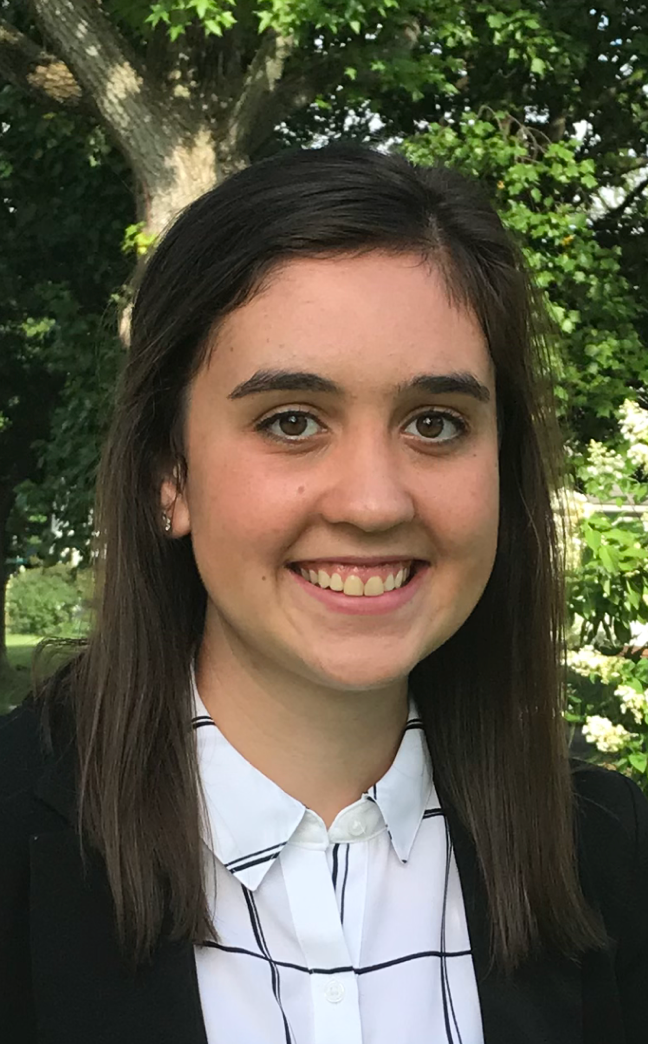

Erin Faloon is currently an M1 at Creighton University School of Medicine. Like many UP alumni, Erin chose to take a gap year after graduating in 2019. During that time, she spent a year living in Honduras and working with Nuestros Pequeños Hermanos (NPH), an organization that supports the rights of children and people with disabilities. In addition to living on the NPH “ranch” and helping to care for children who live there, she also worked in the community outreach department.
Although Erin originally planned to go to medical school directly after graduating from UP, she decided to defer for a year to gain experience working with underserved populations in resource-limited settings. Through her position in the community outreach department, she had the opportunity to know and serve families living in cities and villages surrounding the ranch. She coordinated a nutrition program for babies 6 months – 3 years, food donations to the Comedor (an NPH sponsored soup kitchen), provided tutoring services at the Comedor, assisted in coordination of scholarship program (meetings, workshops, tutoring, etc), conducted house visits to check in with families in our various programs, and assisted in the development of an under-construction family center.
Erin left Honduras in June but will certainly continue to do great things and impact the lives of many more in the future. We wish Erin all the best in medical school and with her future as a physician.
1. You chose to take a gap year to pursue a volunteer opportunity. What are some of the highlights?
Some of the most rewarding parts of my position include getting to know families in the communities and seeing their children of all ages benefiting form various programs we offer. Also, the abuela of one of our scholarship students gives me fresh homemade tortillas every time we visit their home, which is a major perk of the job. Being able to understand what it means to live and work in communities such as the ones I’m working with now is invaluable experience for a future career in global health equity. After completing medical school, I plan to return to work with NPH and similar organizations in primary care outreach programs and development of sustainable health systems.
2. How did your time at UP help you with your career choice, application, etc.?
A cool part of my position now is that I get to see first-hand social and cultural determinants of health that I learned about during my time at UP, both through a research project with Dr. Favero and Spanish classes with Profesora Cinta. Another large reason that I was offered my current position was my volunteer work at Cesar Chávez School through the Moreau Center.
3. What are your favorite memories of UP / any highlights?
Studying abroad in Granada, Spain for a semester was definitely a highlight, as well as the friendships I made at UP.
4. What general advice would you give aspiring pre-health types?
It’s important to be involved in activities that you’re interested in, even if they’re not pre-health related. Also, that there is a lot more to the field of medicine and health than the clinical side that we’re exposed to so often.